Since 01-01-2021 import charges are due when importing goods into Great Britain from outside the UK. These charges include import VAT, customs duty and customs clearance.
The rate of customs duty and import VAT is depended on the HS-Code/Taric-code of the product being imported. All HS-codes of our Grovet products are also displayed on the invoice. The rates provided by the EU and UK can be found on:
If the products are of UK or EU origin they could be considered preferential origin and have a lower or 0% customs duty rate. Most Grovet products fall into this category.
Customs Duty is calculated over the value of the goods and transport costs. The import VAT is calculated over the combined value of the goods, customs duty and transport costs. The clearance fee is calculated over the duties and VAT and is currently 2,5%.
Calculation example**
In below example we will illustrate the calculation made for import costs. In this example we will use our product Bio Sponge Powder and Oedex powder.
Additional information:
Transportation costs
Due to the relatively low amount of transport costs the impact on customs duty and import VAT will be minimal and is therefore left out of the example calculation.
Estimated values
For speeding up the clearance process, carrier invoices can be created based on estimated values. Later on there will be a recalculation on actual custom clearance. With this it is possible you receive an extra (corrected) invoice. Questions about invoices for import costs can be asked at the billing party.
GOV UK Duty Deferment account (DDA)
If you import goods regularly, you can apply for a duty deferment account to delay paying most customs or tax charges, for example:
- Customs Duty
- import VAT
- You can also apply to delay paying duties on goods released from an excise warehouse.
A duty deferment account lets the importer (or someone who represents them) make one payment a month through Direct Debit instead of paying for individual consignments. The advantages of a deferment account is that goods can be cleared straight away when crossing the border and that the payments for an entire month are delayed until the 15th of the following month.
If you’re registered for VAT and your business imports goods, you can account for your import VAT on your VAT Return instead of paying the VAT by duty deferment. You must do this if you’re delaying your declarations.
How to apply for a DDA account:
Postponed VAT accounting
VAT-registered businesses can account for import VAT on their VAT Return by using postponed VAT accounting. Accounting for VAT on your VAT Return in this way allows you to declare import VAT and reclaim it as input tax on the same VAT Return. You can reclaim the VAT incurred on the imported goods you own as input tax subject to the normal rules.
Alternatively a business can choose to pay import VAT on importation. If you choose to do this, you can reclaim the VAT incurred on the imported goods you own as input tax subject to the normal rules.
**Disclaimer:
Rates used in this example are subject to change, for current rates always check the links provided.

